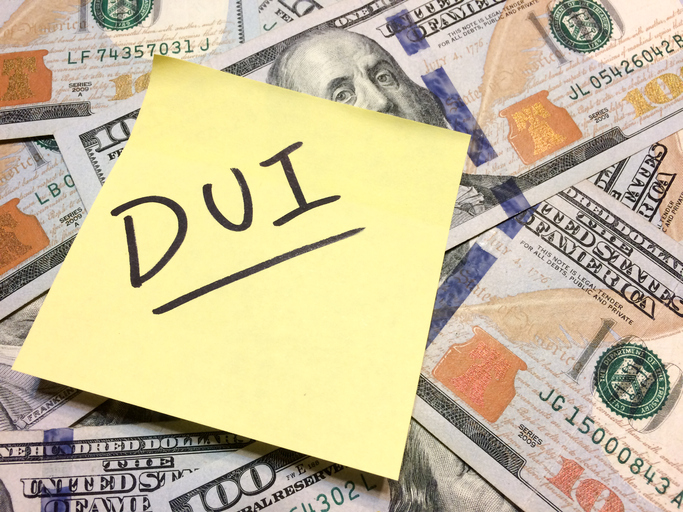
DUIs create serious legal issues that have the potential to derail the rest of your life. If you or someone you know are facing DUI charges, it’s important to understand what the DUI court process looks like in Washington State.
DUI court processes can drag out for much longer than drivers suspect, which is why being prepared and getting a DUI defense attorney at the early stages of your case is essential.
The DUI Process in Washington State
While the order of events may sometimes vary depending on the courthouse, this is a general outline of the DUI process in Washington State.
Arrest
The first step in the DUI process in Washington State is the arrest.
Typically drivers are pulled over when a law enforcement officer has reasonable suspicion they have committed a traffic infraction. Common infractions law enforcement officers look for that involved a DUI are lane violation, failure to signal properly, not having head lights turned, speeding, or even driving too slowly. When a driver is pulled over, the officer will inform the driver why they are being pulled over and ask for identification and other vehicle information. It is during this initial contact most drivers exhibit signs of intoxication.
If the driver exhibits these signs (slurred speech, fumbling for license, bloodshot and watery eyes, even an admission to drinking.) The officer may ask the driver to exit the vehicle and perform voluntary field sobriety tests which can include an eye test, a walk and turn test, and a one leg stand test. If the officer has a reasonable belief the drivers ability to operate a vehicle has been affected by alcohol then he or she will be placed under arrest for DUI.
Arraignment
Soon after the arrest, the defendant will be given a court date for what is called a DUI arraignment. This will vary depending on the Court. Some drivers will have Court the next day, while others may not have Court for several months. The arraignment is where the Prosecutor will inform the driver of their charges, and what penalties they face and the Judge will decide whether to set bail and what restrictions the driver will have to follow if they are released. The restrictions are known as conditions of release and they can be a requirement to post bail, an ignition interlock device, home detention, or other alcohol monitoring devices. Because these conditions can have a drastic impact on a drivers every day life it is advisable to hire a private attorney that will also appear at the arraignment or make arraignments with the Court appointed public defender to appear in Court.
Pretrial Hearing
The pretrial hearing is where the prosecution and defense decide whether the DUI case can be settled outside of trial or if the case will proceed to trial.
Evidentiary Hearing
If a resolution cannot be completed at the pretrial hearing stage then a case will be scheduled for a trial. Prior to a trial an evidentiary hearing will be set where a DUI attorney can litigate any legal issues in the case. These can range from the admissibility of the field sobriety and breath tests to whether the Prosecutor has sufficient evidence to proceed with the case. Police officers and others may testify during the evidentiary hearing and the Judge will make a decision to either deny or grant these motions.
Trial
If a satisfactory resolution hasn’t already been reached by all parties involved in the DUI case, the case will then proceed to trial. The trial is where the Prosecutor will present evidence to either a Judge or Jury to show the driver is guilty of the crime charged. The DUI attorney will attempt to show the Prosecutor does not have sufficient evidence to prove beyond a reasonable doubt the driver is guilty. At the conclusion of the trial the Judge or Jury will decide whether the Prosecutor has proven the charge against the driver and whether the driver is guilty or not guilty.
Sentencing
If the driver is found guilty then a sentencing of the DUI charge will occur. Both the Prosecutor and the DUI Attorney will make their arguments and recommendations of what sentence should be imposed. The Judge will consider these statements and will decide the sentence. In many cases a Judge will impose the mandatory sentence that is based on a specific alcohol level and the drivers prior criminal history. However in some instances the Judge could go beyond that and impose a harsher sentence. If you or someone you know is facing DUI charges, get ahead of the game by scheduling a consultation with a DUI lawyer immediately.
What to Do if You Are Facing DUI Charges
Here at Leyba Defense, our legal firm has been working with drivers facing DUI charges for more than a decade. Expert DUI attorney Matthew Leyba has experience in criminal defense and Washington State driving law and is ready to represent you in court. Contact Leyba Defense today to schedule a free consultation with our legal firm.
